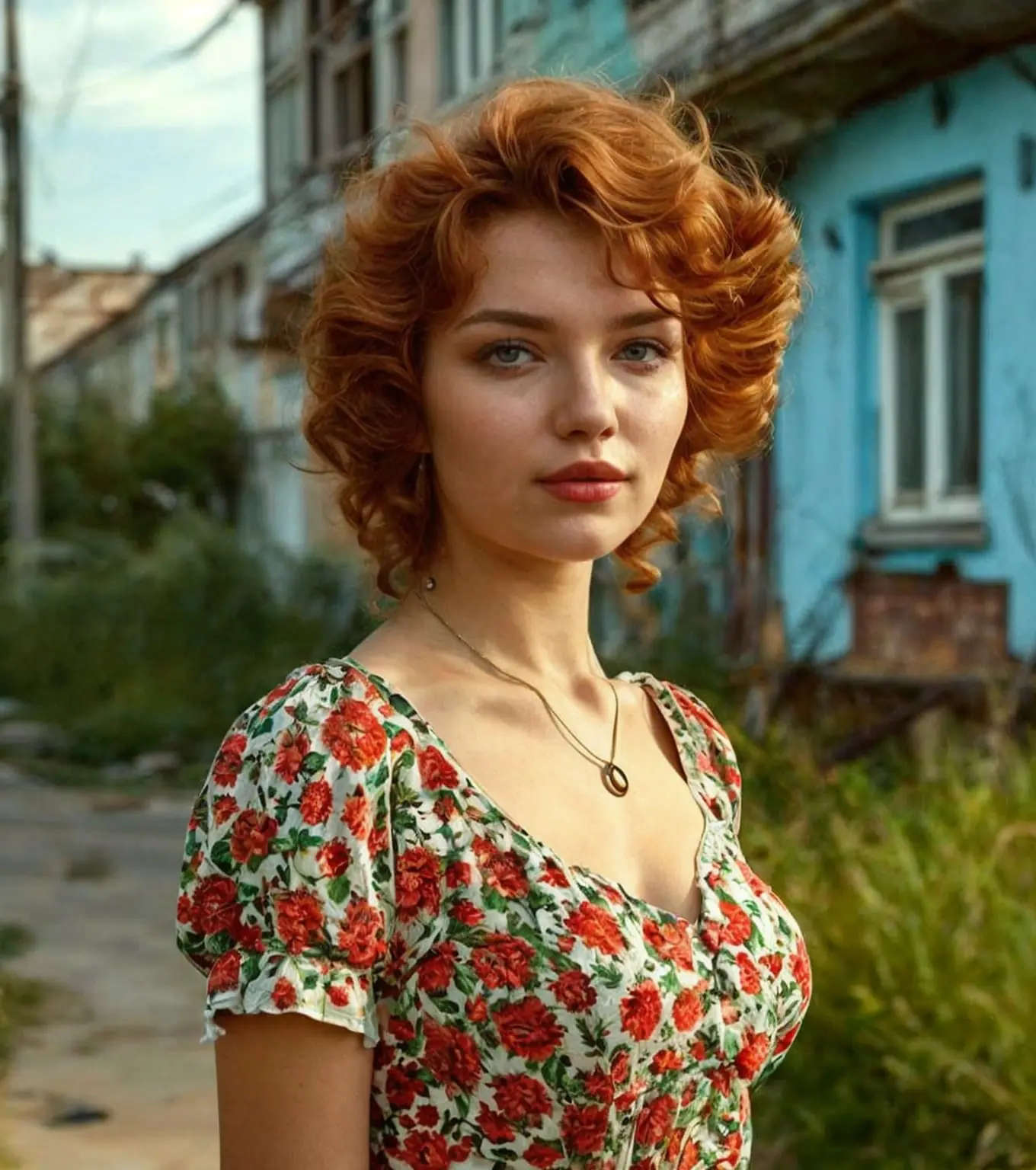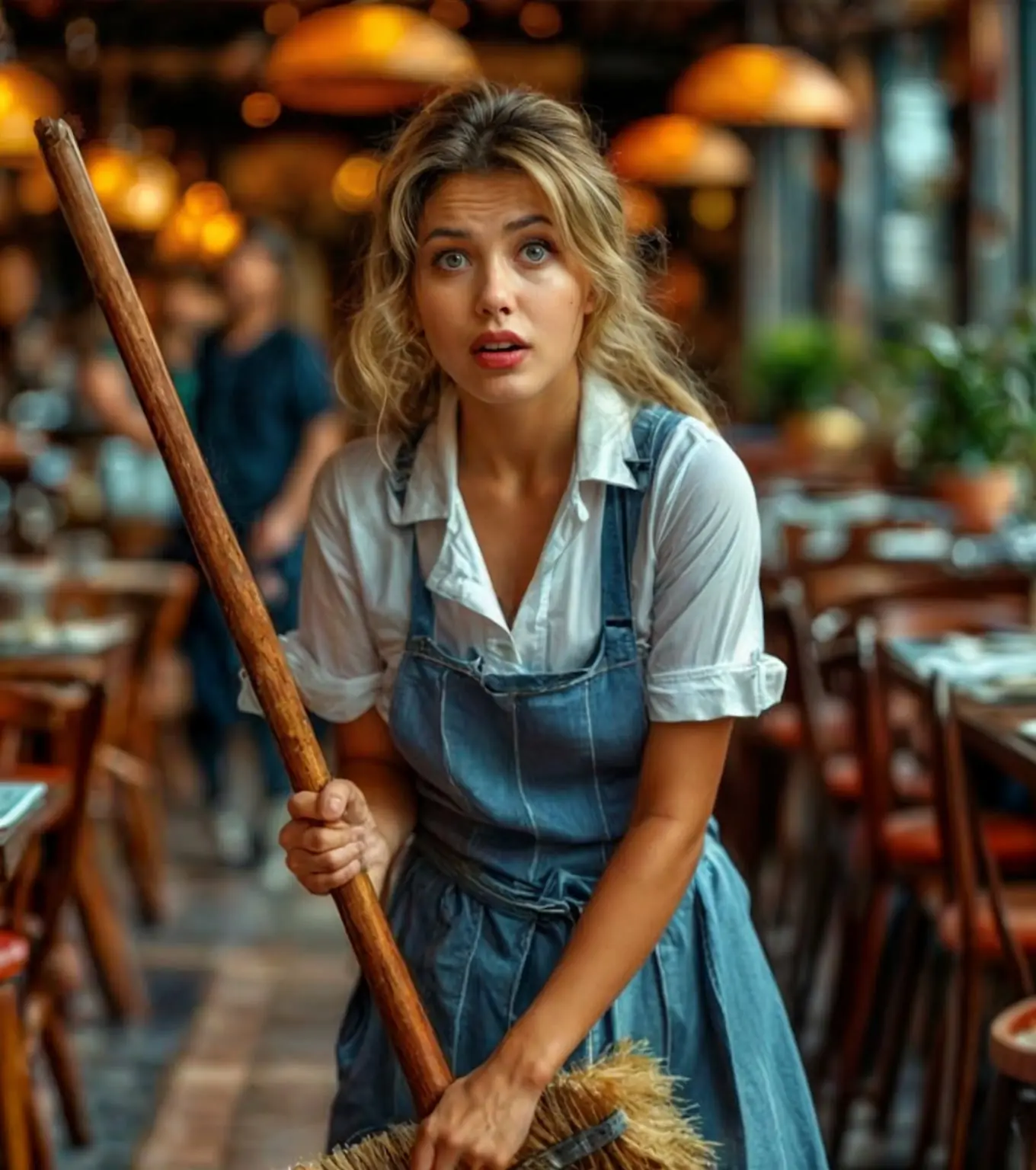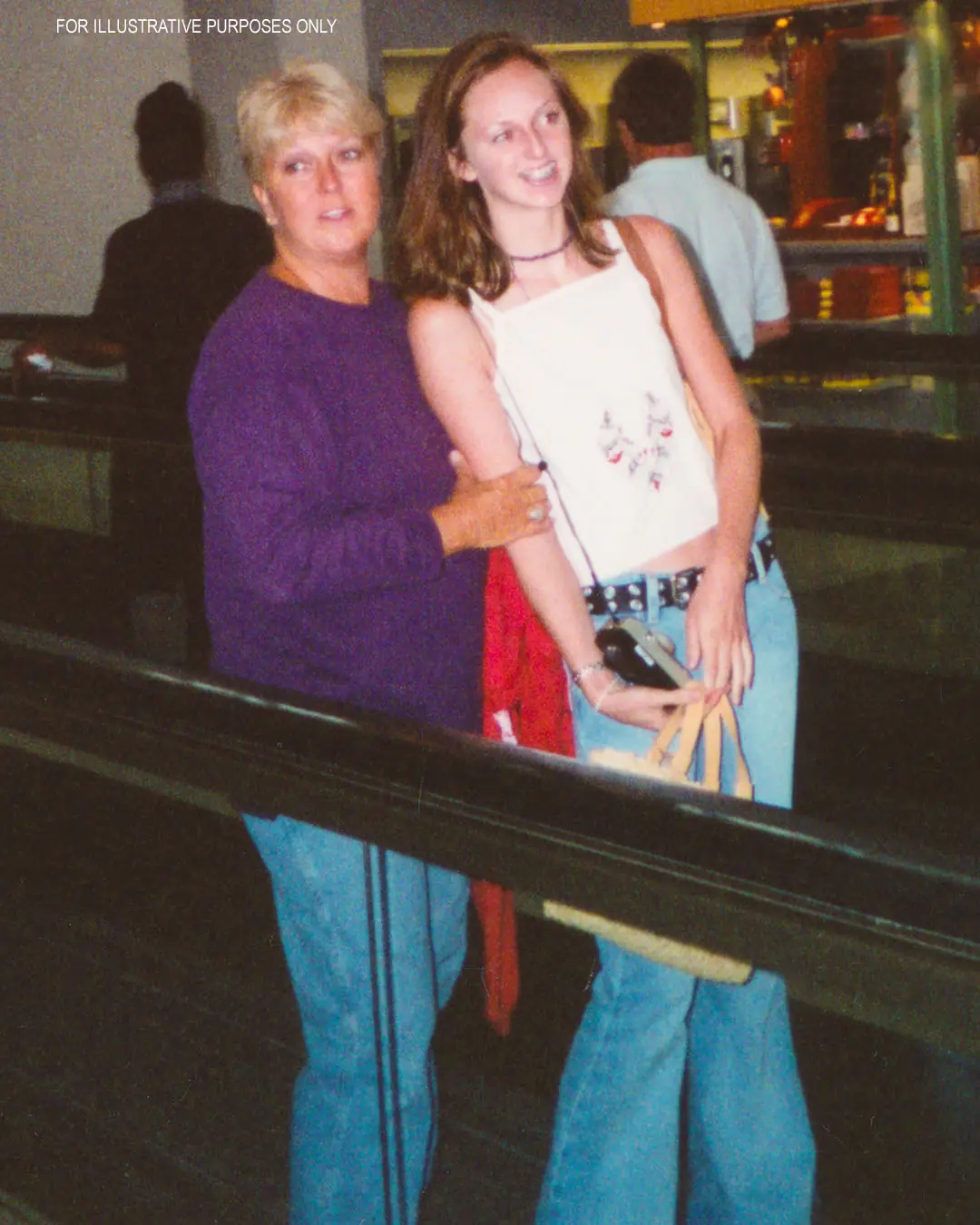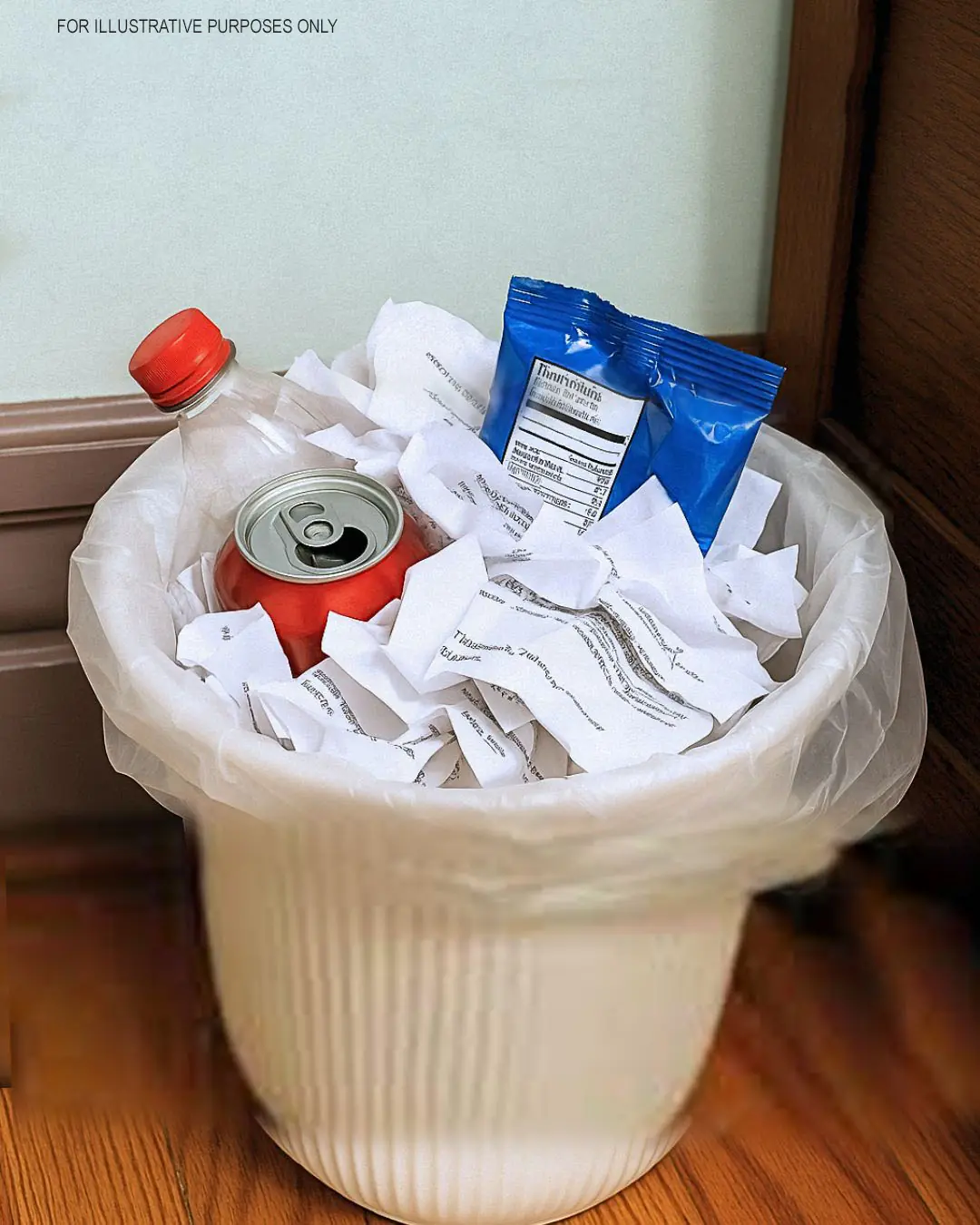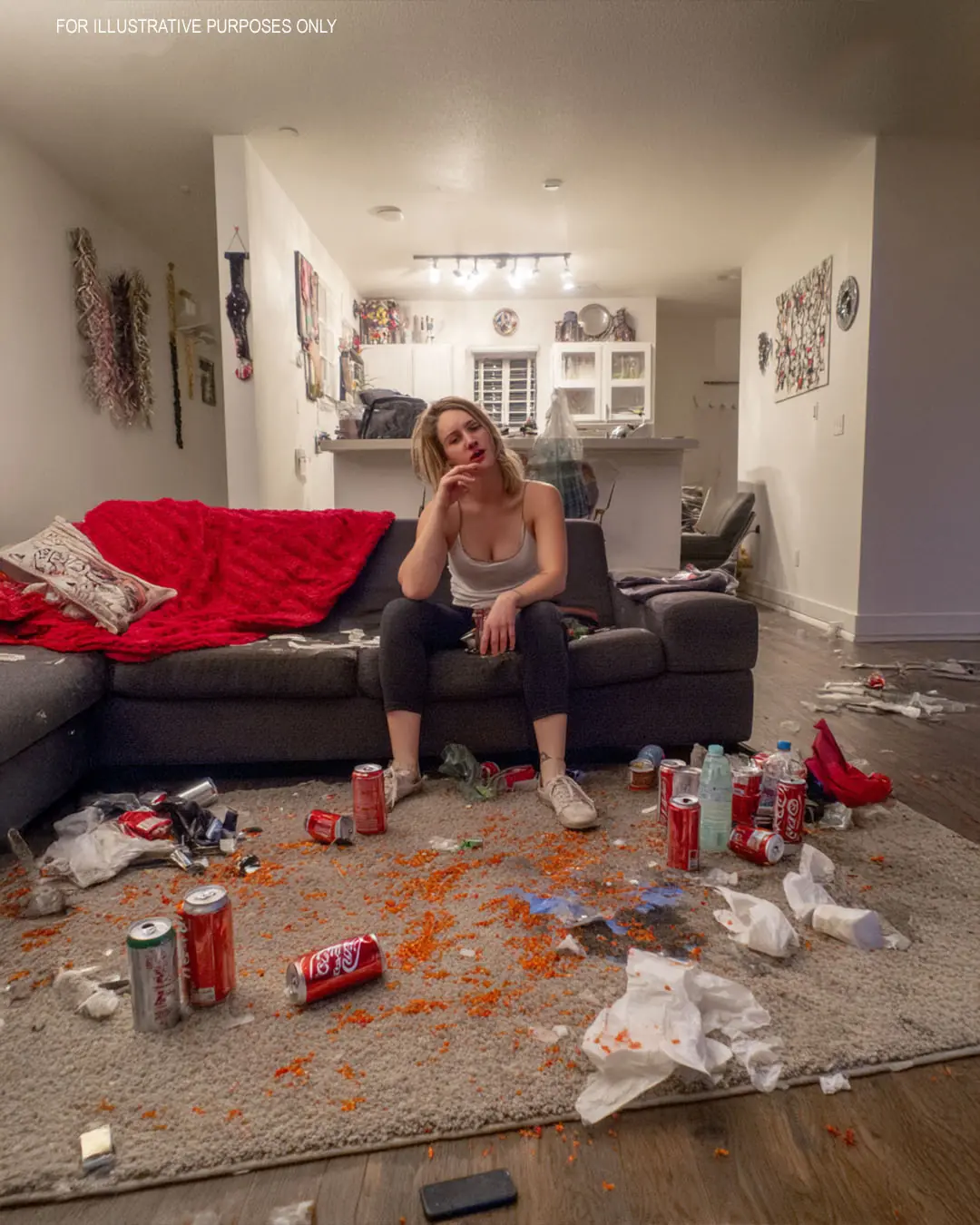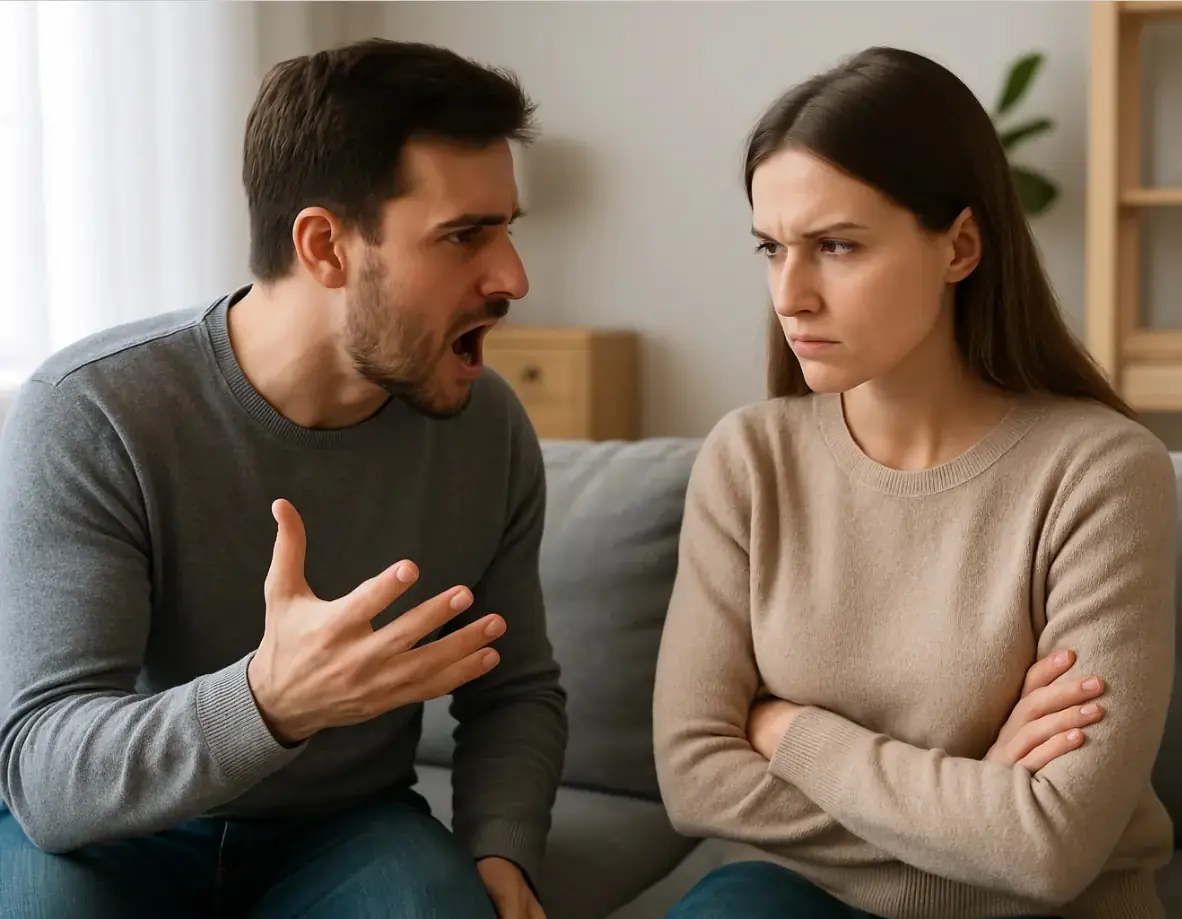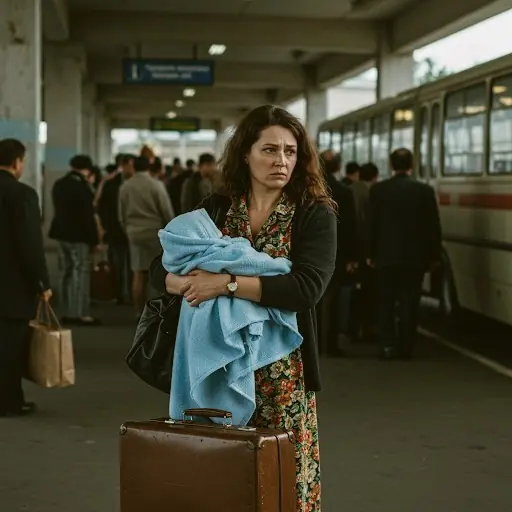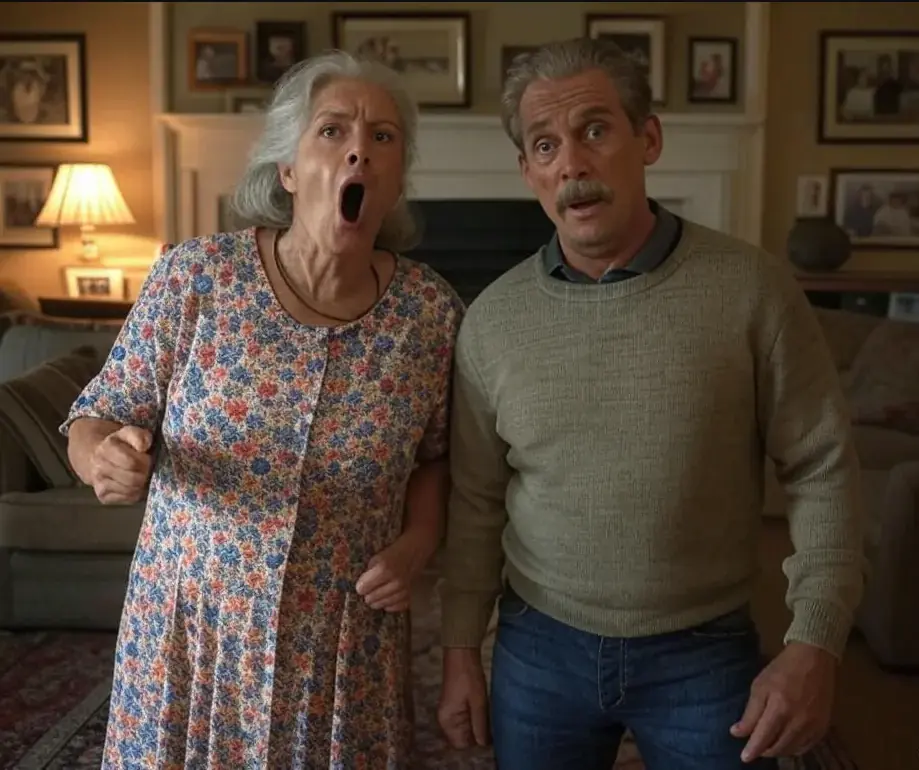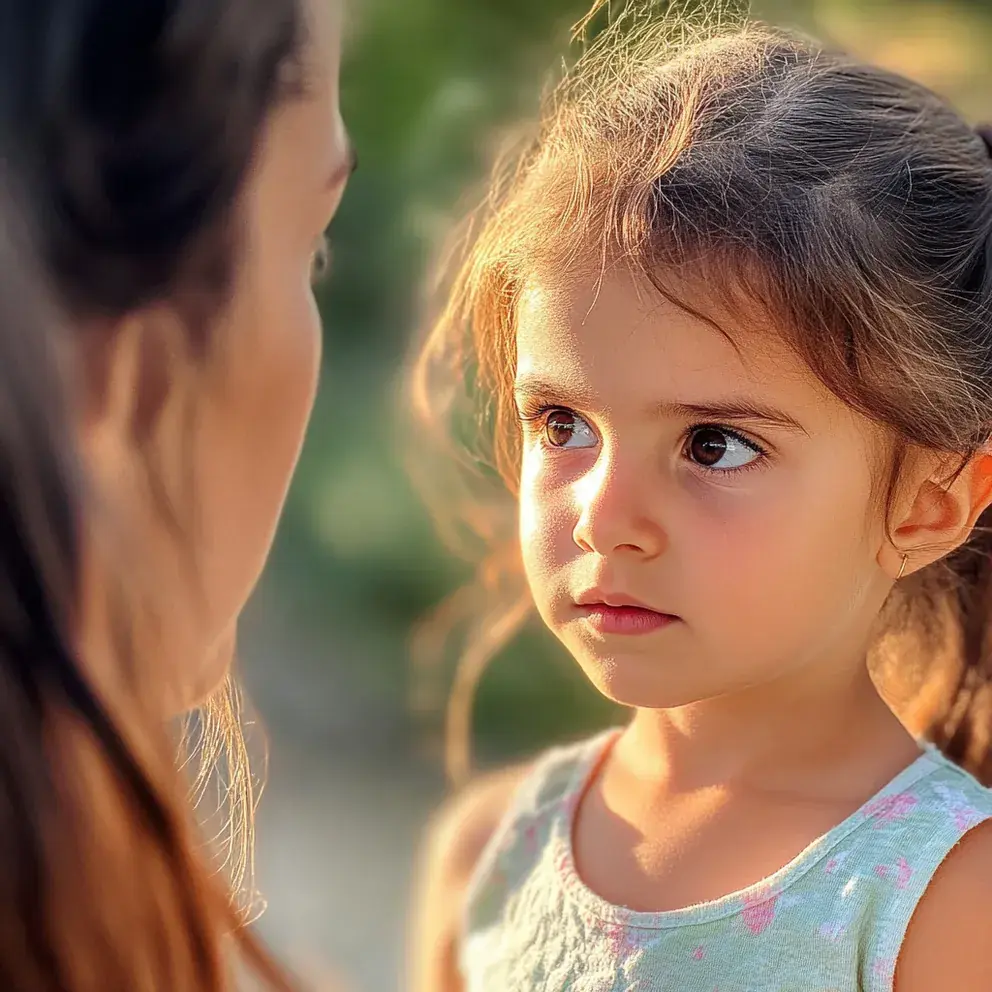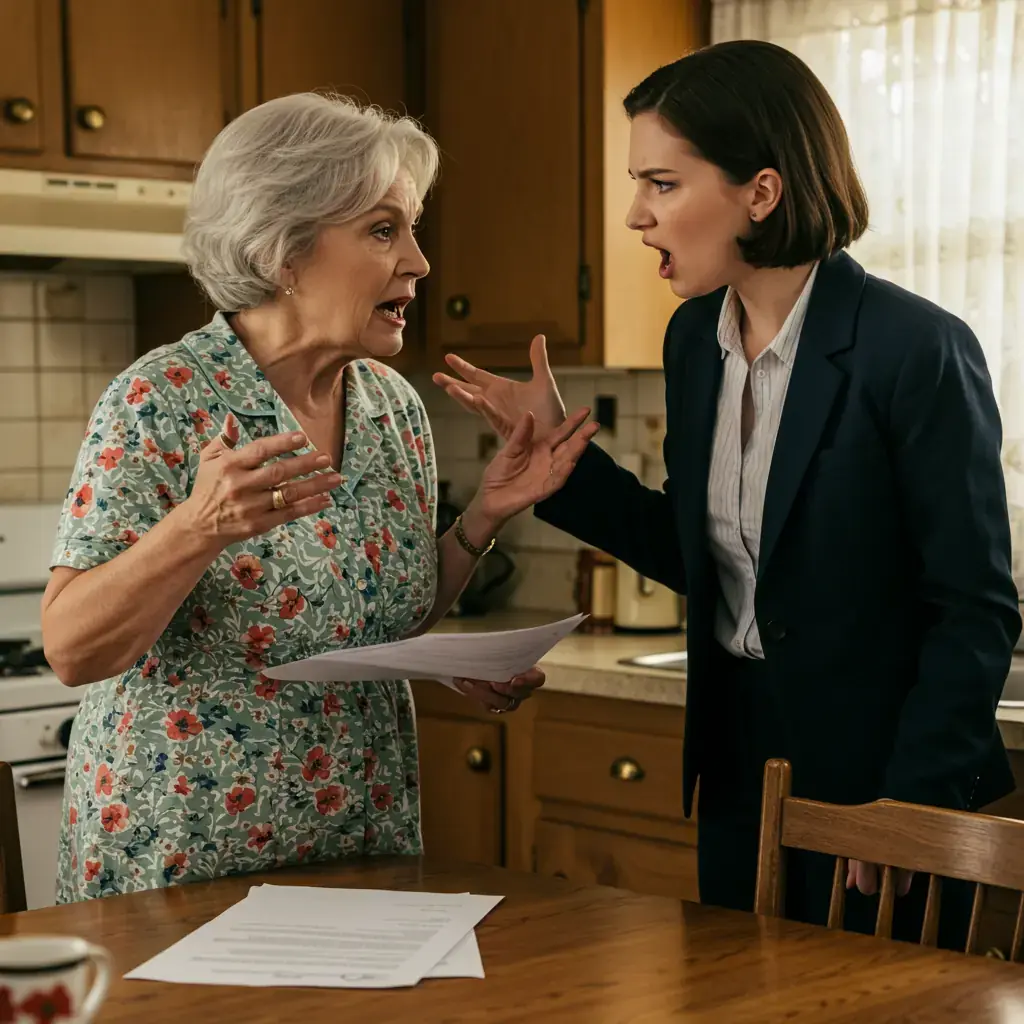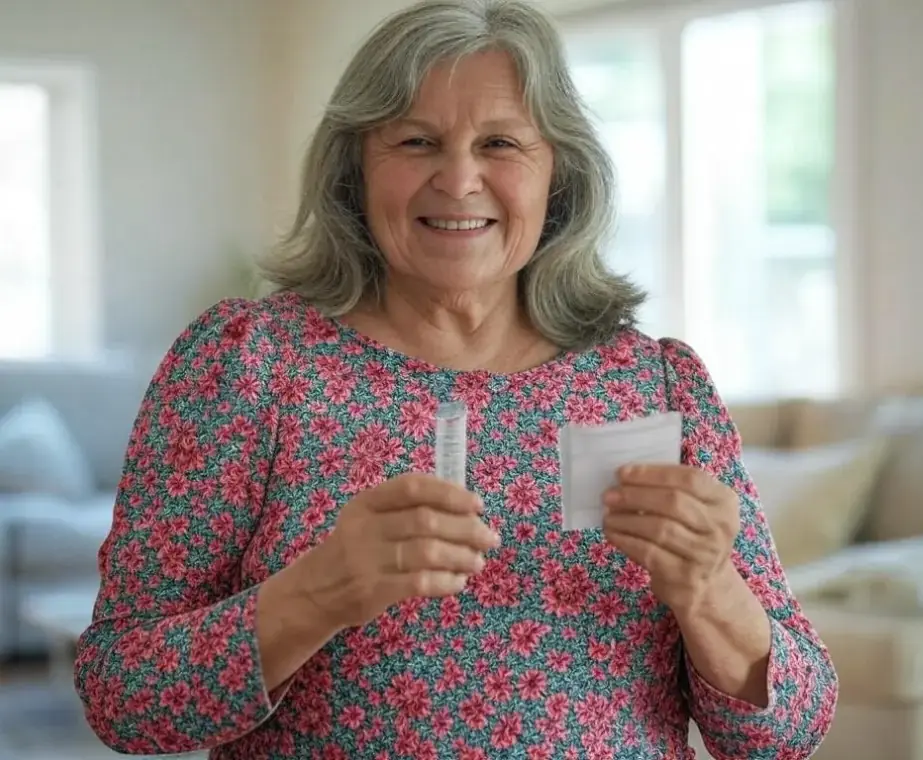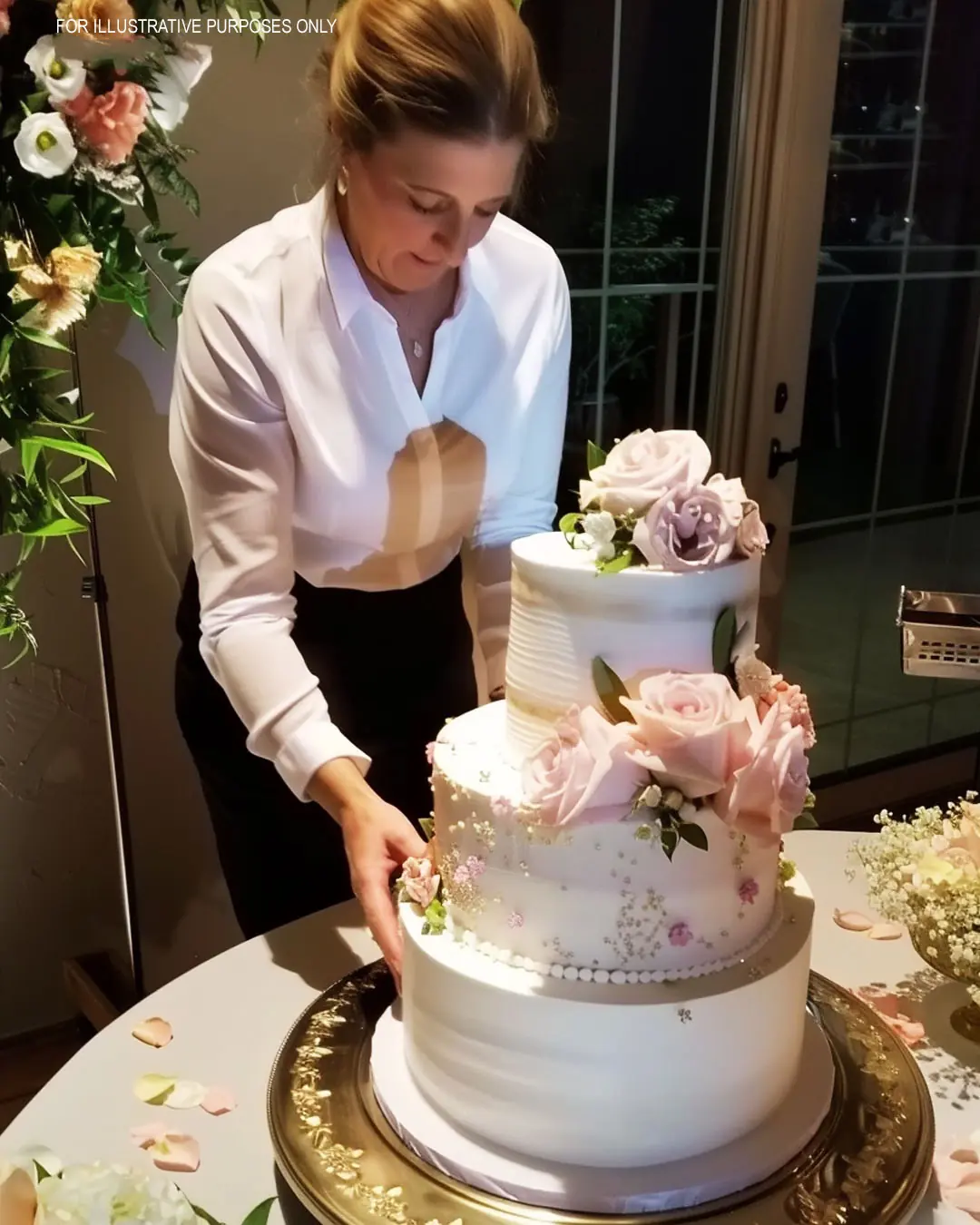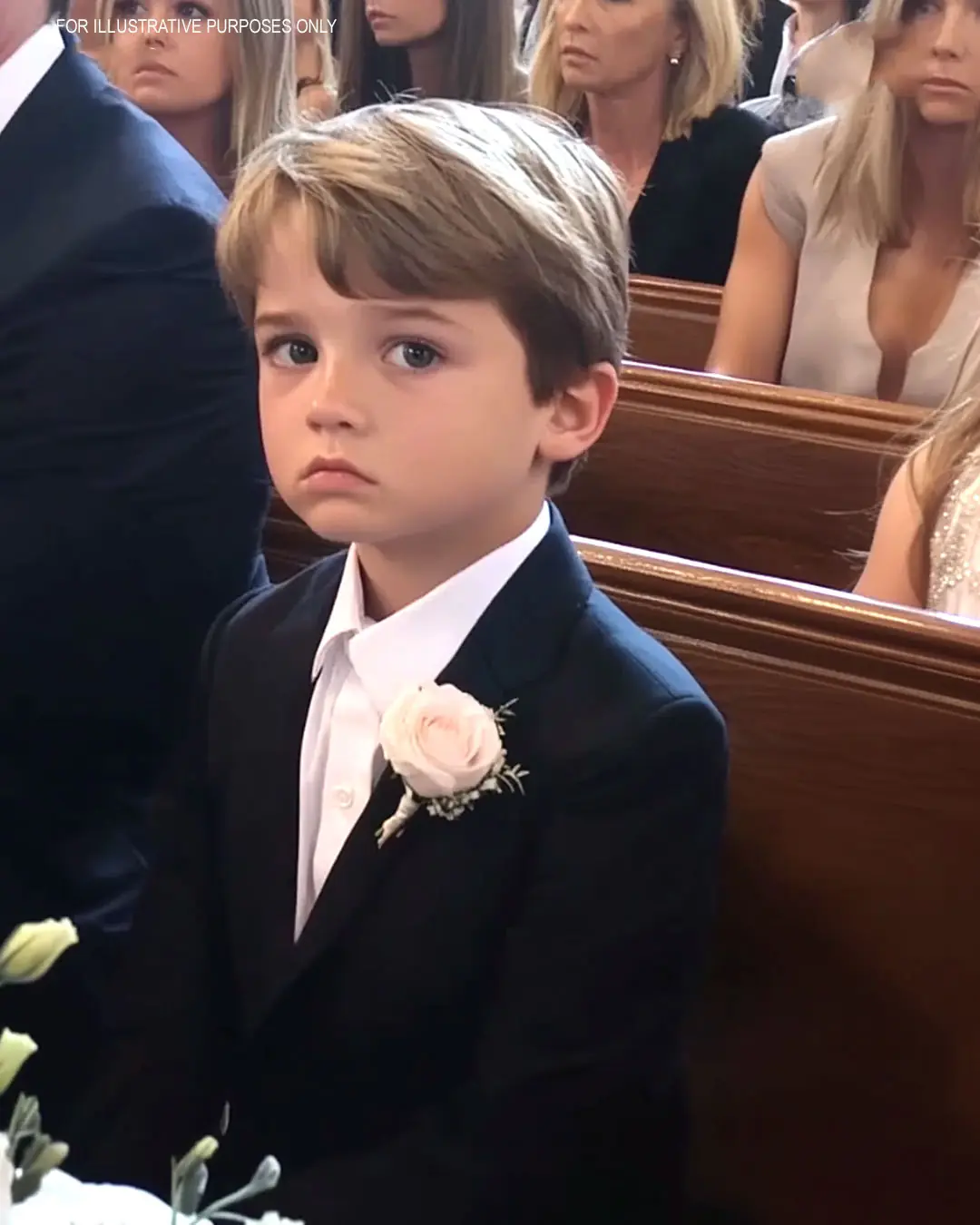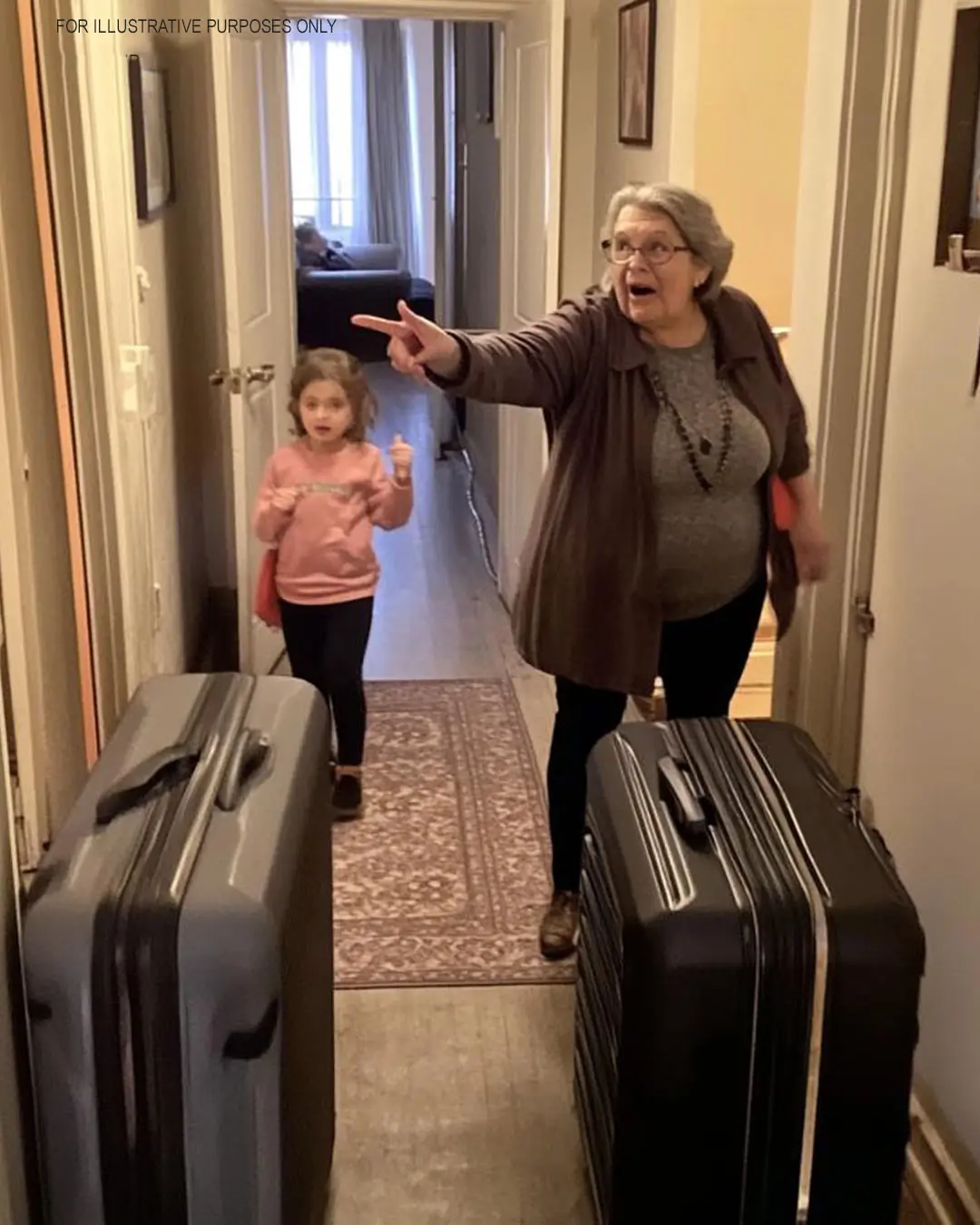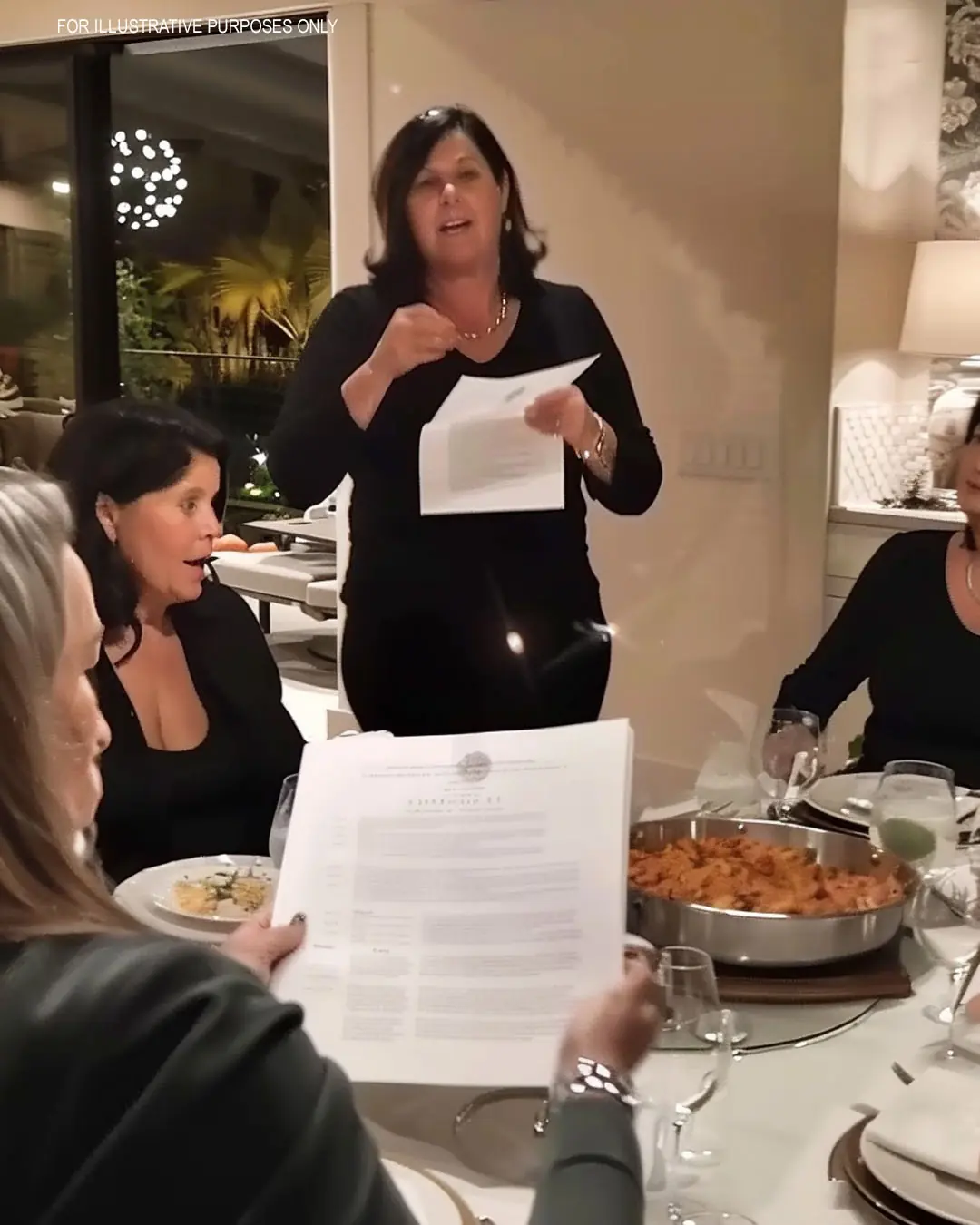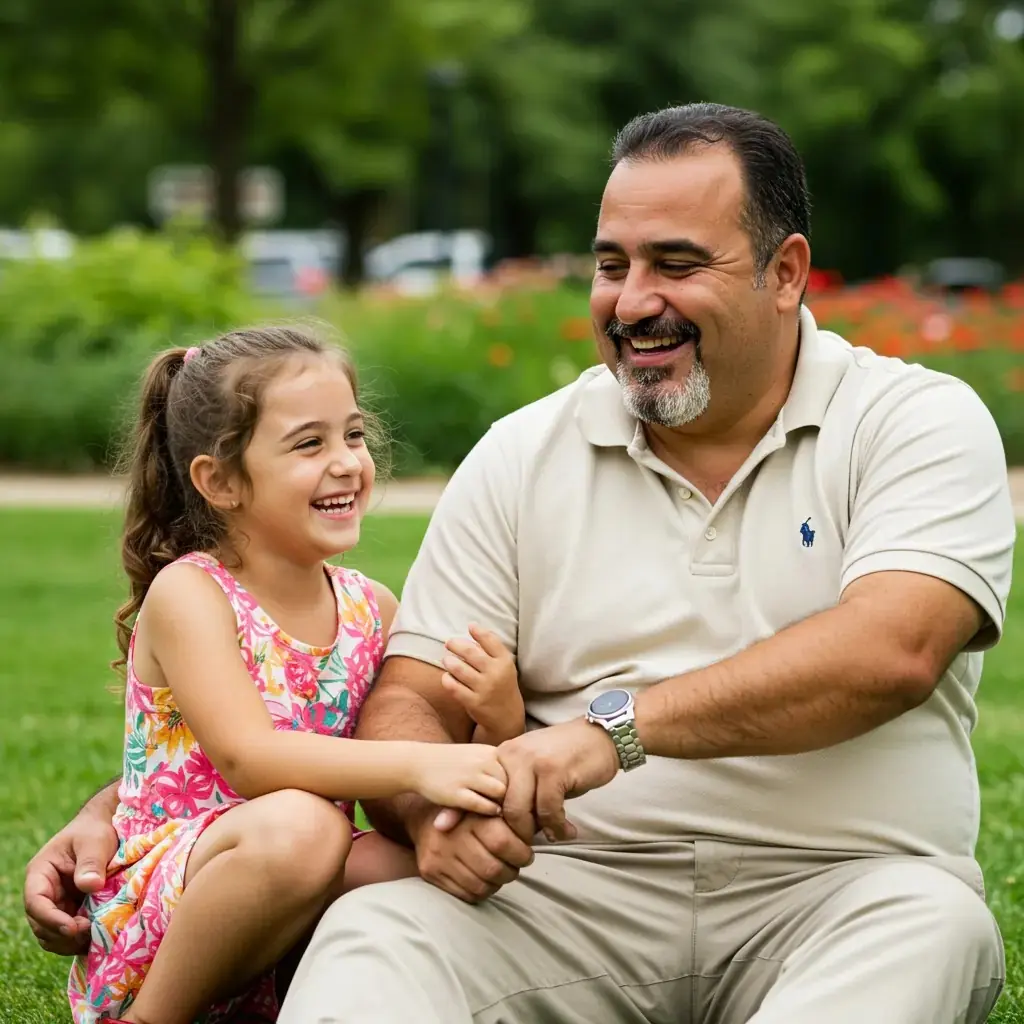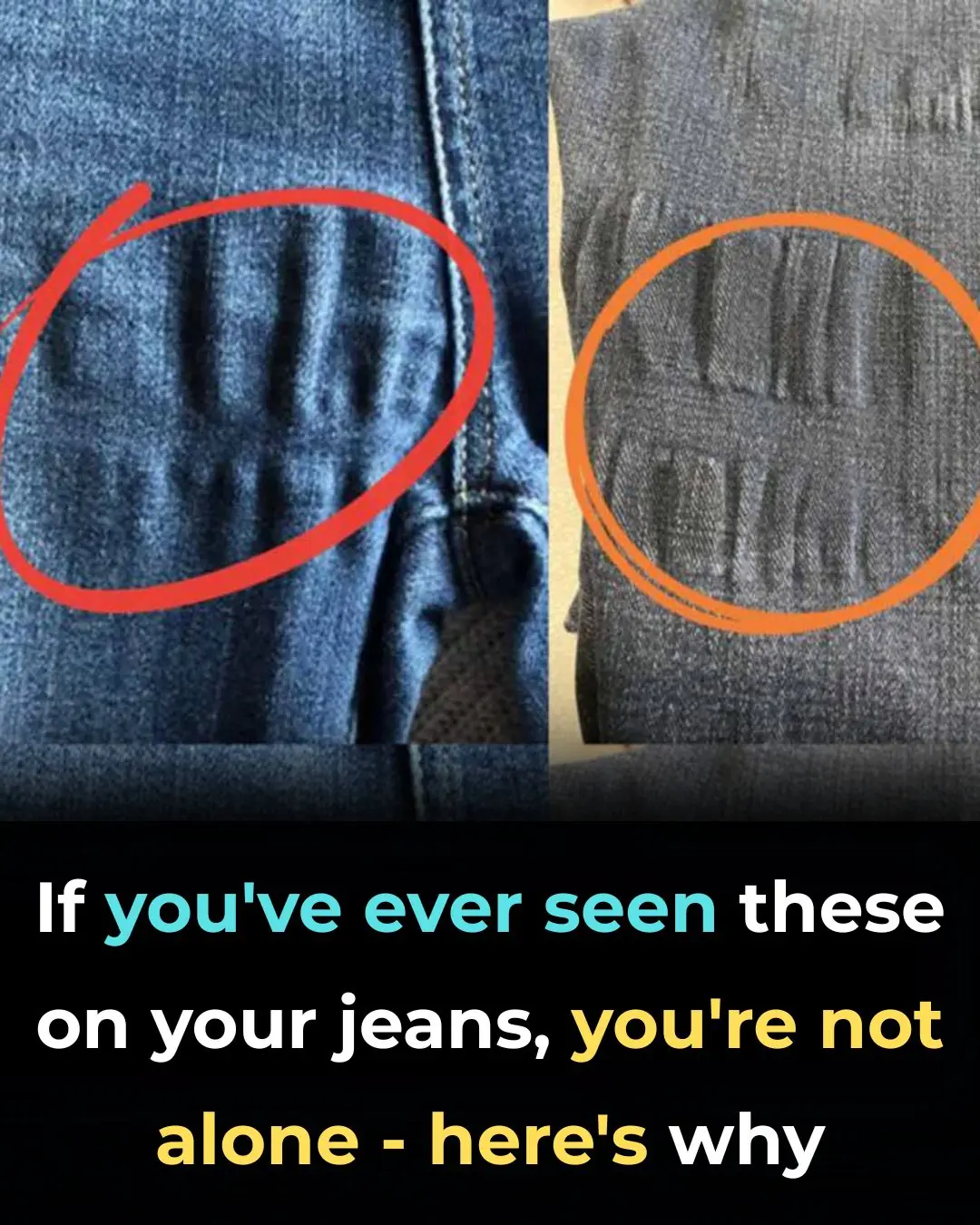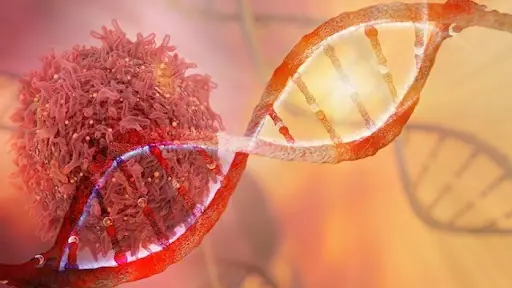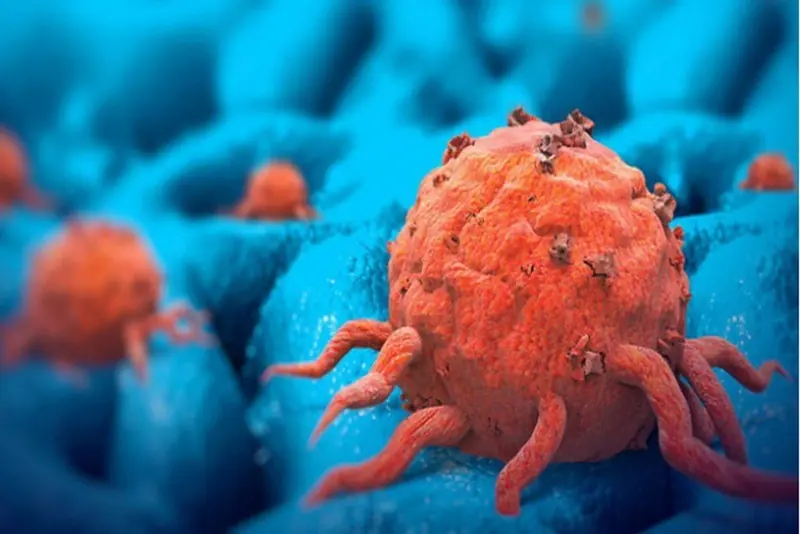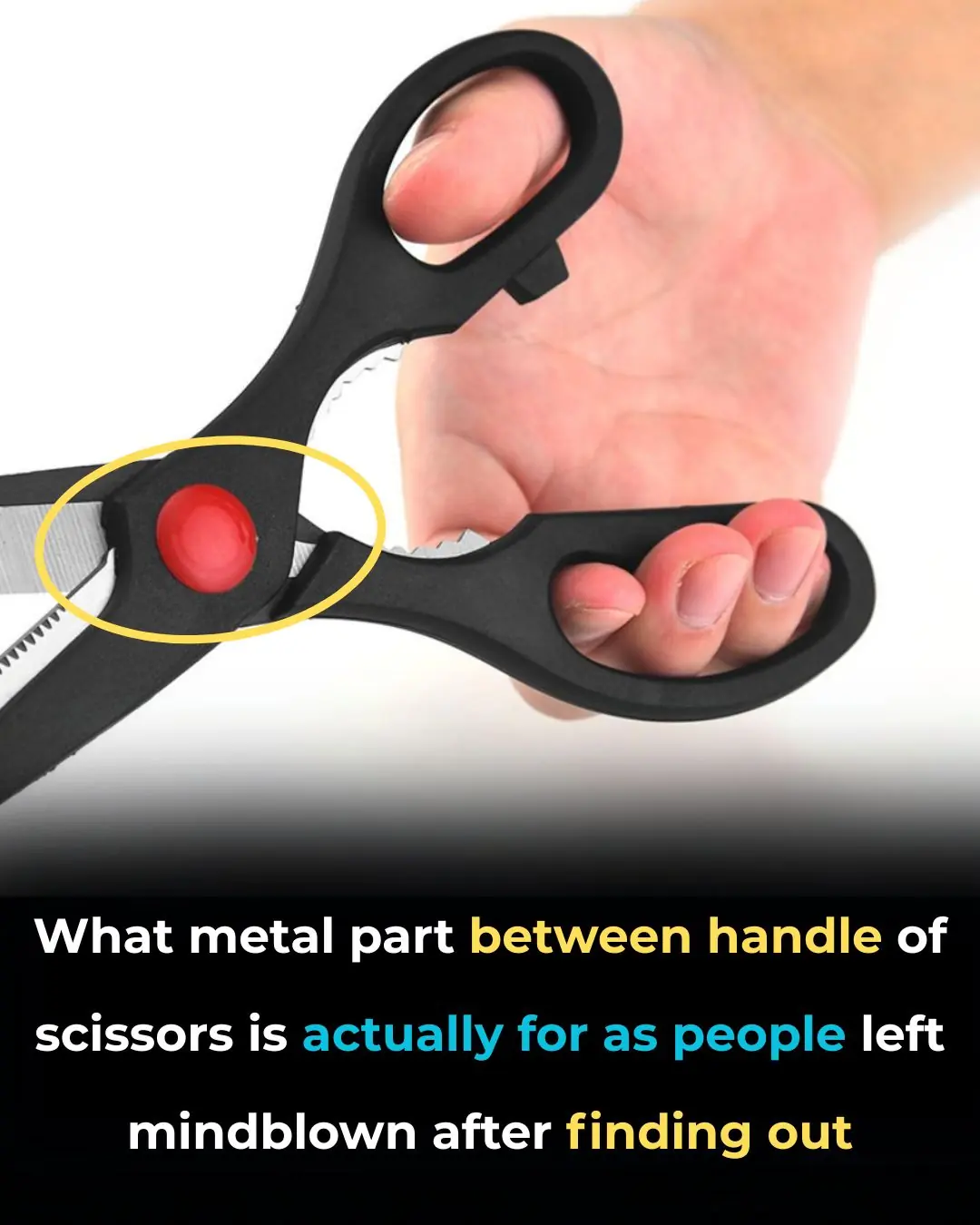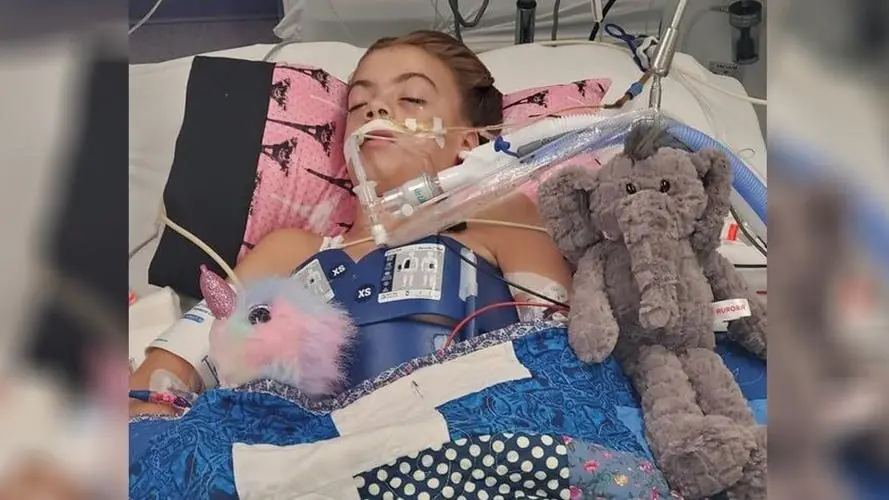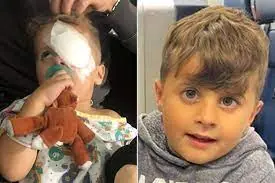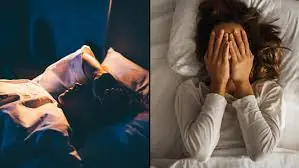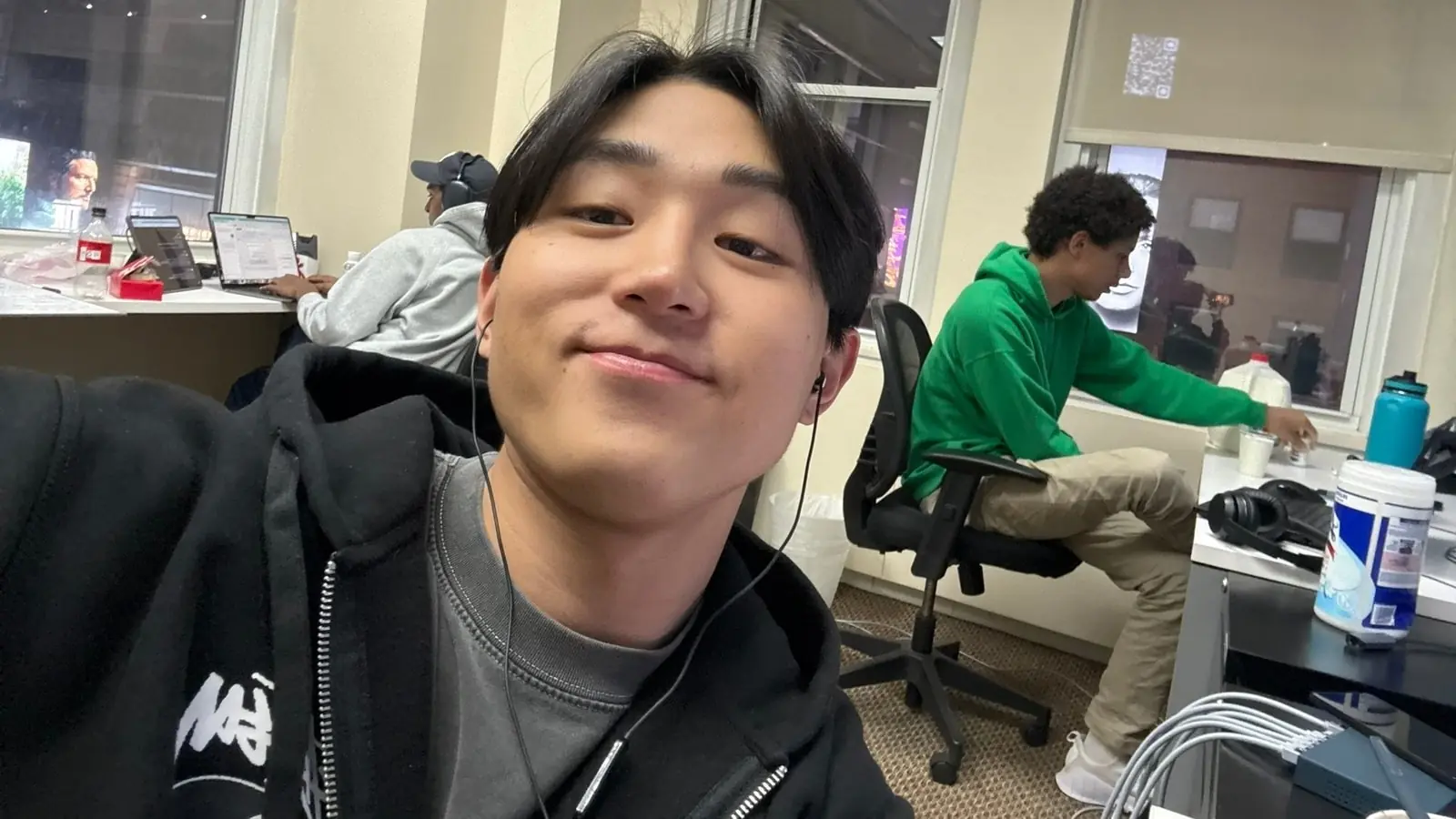When Ellie loses her father, she expects to face grief, not betrayal. Kicked out of her childhood home by a woman who never truly accepted her, Ellie makes one desperate call. But what she gets on the other end isn’t sympathy—it's a revelation. The ne
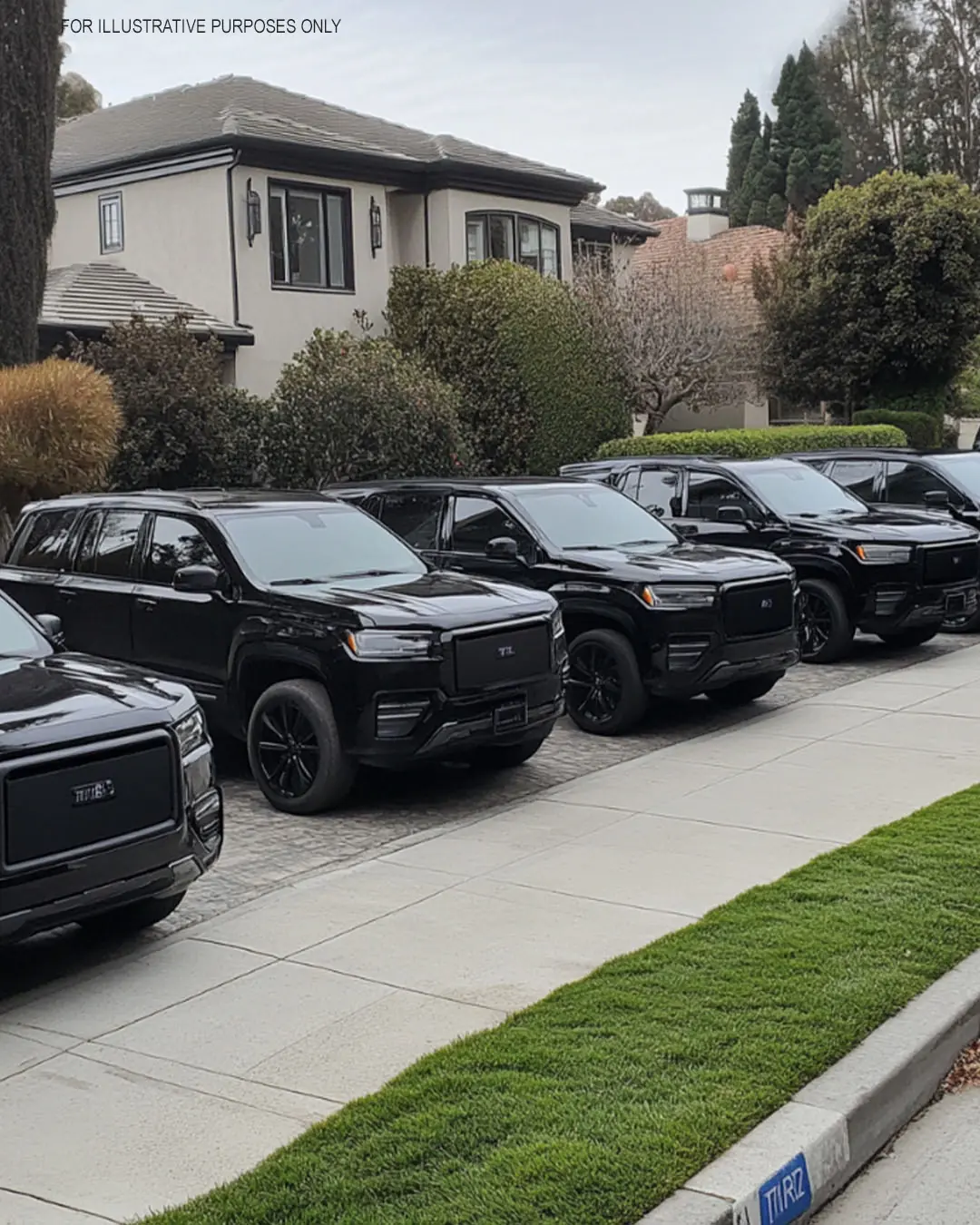
He made French toast on Sundays, tucked notes into my lunchbox, and cried quietly when he thought I wasn’t looking.
He was broken by grief, but he was still my dad.
Cheryl came into our lives when I was 14. She wore perfume that made my head ache and smiled in ways that never seemed genuine when I was around. Dad thought she was warm and radiant, but I could see through it. She played the part perfectly for him.
But I knew better. Her kindness always had strings attached, and I never met her expectations.
Still, I tried. For him. He deserved happiness.
When he passed away five years later, it felt like the foundation of everything I knew crumbled. It was sudden, a heart attack with no warning and, of course, no goodbye.
I was barely 19, fresh out of high school, still figuring out what to do with my gap year and how to get through dentist appointments alone. And now, I was suddenly without parents. My birthday passed in a blur, just a week after my father died.
The funeral hadn’t even ended when Cheryl began treating me like a guest in my own childhood home. She moved through the house as if it were already hers—throwing out Dad’s old magazines, replacing the family photos with her own.
I caught her once, erasing his name from the mailbox. She didn’t flinch when she saw me watching; she simply rinsed the brush in a bucket of soapy water.
"Eleanor," she said, her voice cold and sharp. "You’re not really family anymore, you know? It’s time for you to go."
I didn’t argue. What would have been the point?
So, I packed a duffel bag. In went some boots, a few shirts and jeans, underwear, toiletries, and my guitar. I passed by Dad’s scarf hanging on the coat rack but couldn’t bring myself to touch it.
That night, I stayed on my best friend Katie’s couch.
"Of course, you can stay here, Ellie," Katie said. "My home is yours."
She left a blanket and a glass of water on the side table. We didn’t need to talk about it. We just understood.
I lay there, staring at the ceiling fan, clutching my hands to my stomach to keep myself together. My grief wasn’t loud, but it was heavy, like wet cement sitting in my chest.
Before I closed my eyes, I made one call to my father’s older sister, Janine.
She picked up right away and listened as I told her what had happened. I don’t remember everything I said, just the gasps and the silence on the other end of the line. The silence was deep, as if she was listening to not just my words but everything I couldn’t say.
Finally, she spoke.
"I’ll take care of it, darling," she said. "Are you okay at Katie’s, or do you need me to come get you?"
"I’m fine," I sighed. "But... help me, please."
"Of course, Ellie. Go back tomorrow morning and get your things. I’ll meet you there."
The next day, I returned to the house I’d grown up in, the one with the chipped front steps and the crooked bird feeder Dad had made. I remembered painting it with him, getting more paint on ourselves than on the project.
But this time, the house looked different.
Five black SUVs lined the curb like they were filming a movie. Two men in suits stood by the door—one checked his watch, while the other stood still, almost unnervingly so.
My heart raced. Had Cheryl called security to keep me out?
I stepped out of the car, my shoulders tense, and rang the doorbell.
Cheryl opened the door, looking pale and stiff, as if something had drained the life out of her.
"Oh! You’re here!" she said, her voice sweet in a way that didn’t match her cold demeanor. "I was just about to call you, sweetheart."
Sweetheart?
I almost laughed.
"What’s going on?" I asked. "I just came to get my things."
Before she could respond, Janine stepped into view, walking in heels that clicked across the driveway. She wore a sharp slate-gray suit and held a folder in her hands.
"Perfect timing," she said with a smile that could cut through stone. "Come on, both of you. We were just about to clear a few things up. My legal team is already set up. Right, Cheryl?"
I followed them inside. Cheryl lagged behind me, her mouth opening and closing, unsure whether to shout, cry, or just lash out.
In the living room, two lawyers sat around the table—one calm and composed, reading aloud from a stack of papers, while the other flipped through legal pads with practiced ease.
"This is ridiculous," Cheryl huffed, pacing the room. "You can’t just come in here and—"
Janine raised a hand.
"Sit," she commanded, her voice firm. "Stop talking, Cheryl. Let’s not make this harder than it needs to be."
Cheryl reluctantly sat. Barely.
I hovered near the entryway, trying to process everything happening around me.
"What is this? What’s going on?" I asked, my voice quiet.
Janine turned to me, her face softening.
"Your father never added Cheryl to the deed. He placed the house and the land into a trust... in your name, Ellie. He did it right before your 18th birthday. He didn’t want Cheryl to know. He was planning to tell you about it when the time was right, but..." she trailed off, shaking her head. "He didn’t get that chance."
"You mean... the house is mine?" I gasped, the reality sinking in.
I remembered my 18th birthday, Dad’s prideful smile as I told him I’d be taking a gap year. I didn’t know then that he had been preparing for my future—a future without him.
The trust had only come to light now, when Aunt Janine had to step in.
"That’s absurd," Cheryl scoffed, letting out a harsh laugh. "Thomas would never do this without telling me!"
One of the lawyers slid a folder toward her.
"This is a certified copy of the trust, ma’am," he said calmly. "You were allowed temporary residence under the terms of the trust. But now that the beneficiary has come of age and revoked permission, you no longer have a legal claim to stay."
"You can’t just kick me out," Cheryl sputtered.
"You have one hour to gather your things," the lawyer said. "Anything left behind will be considered abandoned."
The air in the room felt thick, charged with tension.
The house I had once called home, the house where I’d cried and grown up... was now mine.
"This isn’t over," Cheryl said, trembling.
One of the lawyers handed her a checklist—personal clothing, toiletries, and nothing more.
I leaned toward Janine and whispered, "Who are these people? And why are there five SUVs outside?"
"They’re private security," Janine replied. "A very good friend of mine owns the company. I didn’t trust Cheryl to leave quietly."
Of course, she didn’t.
Cheryl huffed her way up the stairs, muttering under her breath.
"Hurry up," Aunt Janine called after her.
Cheryl tried to slam the bedroom door, but the security guard opened it, watching her pack in stony silence.
I stood in the kitchen, gripping the counter as memories of my dad—his laughter while making pancakes—flooded my mind.
"They’re... crispy, Ellie," he had said, laughing. "I’m sure they’ll be fine with some whipped cream and honey?"
It took Cheryl 47 minutes to return downstairs, dragging two overstuffed suitcases behind her. Her face was blotchy, her mouth tight, but her eyes were clear, almost glassy. She looked like someone trying to hold back tears she hadn’t earned.
She paused at the front door and turned halfway around as if to say something—maybe an apology, maybe a final jab. But in the end, she just shook her head, lowered her gaze, and walked into the sunlight, a black SUV trailing behind her like a silent escort.
I watched her disappear, then went into the kitchen. Aunt Janine quietly crossed the room, poured two glasses of water, and handed me one without a word. We sat at the dining table, where I used to do my homework while Dad stirred soup on the stove or attempted to recreate a curry my mom used to love.
"Are you okay, darling?" Aunt Janine asked gently.
I nodded, though I wasn’t sure if it was true.
"I think so," I replied.
We sat in silence. The fridge hummed softly, and outside, a bird called out once, then was answered from somewhere up the street.
"You know, I really miss your mom, Ellie," she said. "Especially her pecan pie. I’ve been thinking about it for a long time. I’m horrible at baking, but I think we should try making it."
I smiled.
"We can definitely do that. Dad kept Mom’s recipe book. It should be in the cupboard under the kettle."
We found the recipe book and got to work.
"I always hated her," Aunt Janine suddenly confessed. "I know it’s a lot to admit, Ellie, but it’s the truth. Cheryl just... something about her rubbed me the wrong way from the first moment I met her. She tried to make herself comfortable in my kitchen. But your dad... I guess he saw something in her we didn’t. Or maybe he didn’t want to see what we did."
I nodded slowly, mixing eggs into the flour.
"I feel that," I said. "Why didn’t he tell me about the trust?"
"Because he knew Cheryl would try to twist it, change it, or do something terrible. He didn’t want you to carry the weight of defending what was already yours. And darling, I think he thought he had more time with you. His heart attack was sudden, and he lost that chance. He trusted me to protect it... and you."
I nodded again.
"I should have stepped in sooner when Cheryl started acting out," Aunt Janine said. "But I froze, Ellie. I was grieving, too."
"Thank you," I whispered, chopping pecans. "You saved me... you saved my home."
Aunt Janine squeezed my hand.
"You were never going to stay down for long, Ellie. You’re named after my mother, Eleanor. You’re the granddaughter of the woman who built her house with her bare hands and never let anyone walk over her!"
We waited for our pie to bake. It wasn’t as good as Mom’s, but it brought the comfort we needed.
That night, I slept in my old room.
I didn’t unpack right away. The walls still had faded pinholes from posters I had taken down years ago, and the corners smelled faintly of lavender and dust.
I opened the closet, half-expecting everything to be gone, but there it was—Dad’s box of childhood keepsakes he’d never let Cheryl throw out.
I wandered the house barefoot, every creak of the floorboards greeting me like an old friend. In the hallway, I ran my fingers along the light switches Dad had labeled in his messy handwriting.
In their bedroom, his bedroom, I hesitated.
The door creaked softly as I stepped in.
His closet was still full—plaid shirts, worn hoodies, and the tan jacket he wore every fall. I buried my face in it without meaning to. It smelled like cedar, aftershave, and mornings when he hummed while making coffee.
I didn’t cry. I just stood there, breathing it in.
Later, I sat cross-legged on my bedroom floor with my guitar across my lap. The song I wrote after the funeral came back to me slowly, like muscle memory.
It wasn’t perfect. Neither was I.
But the silence around the house felt different now. It wasn’t haunted anymore. It was healing. And it was mine.


